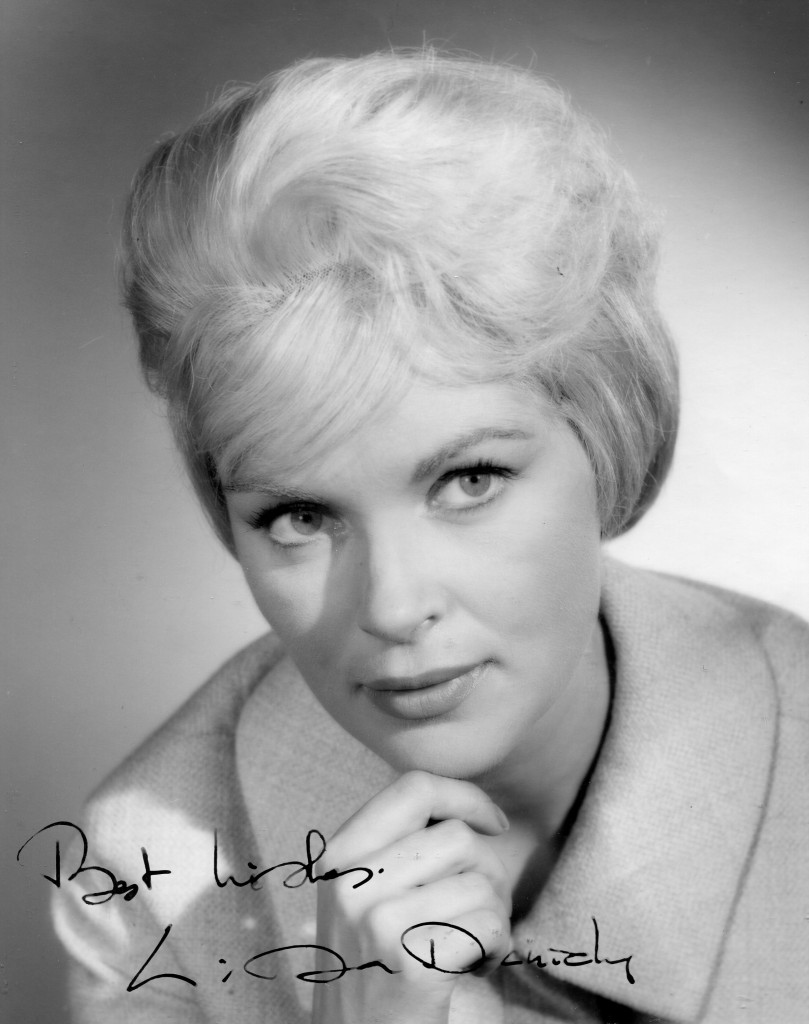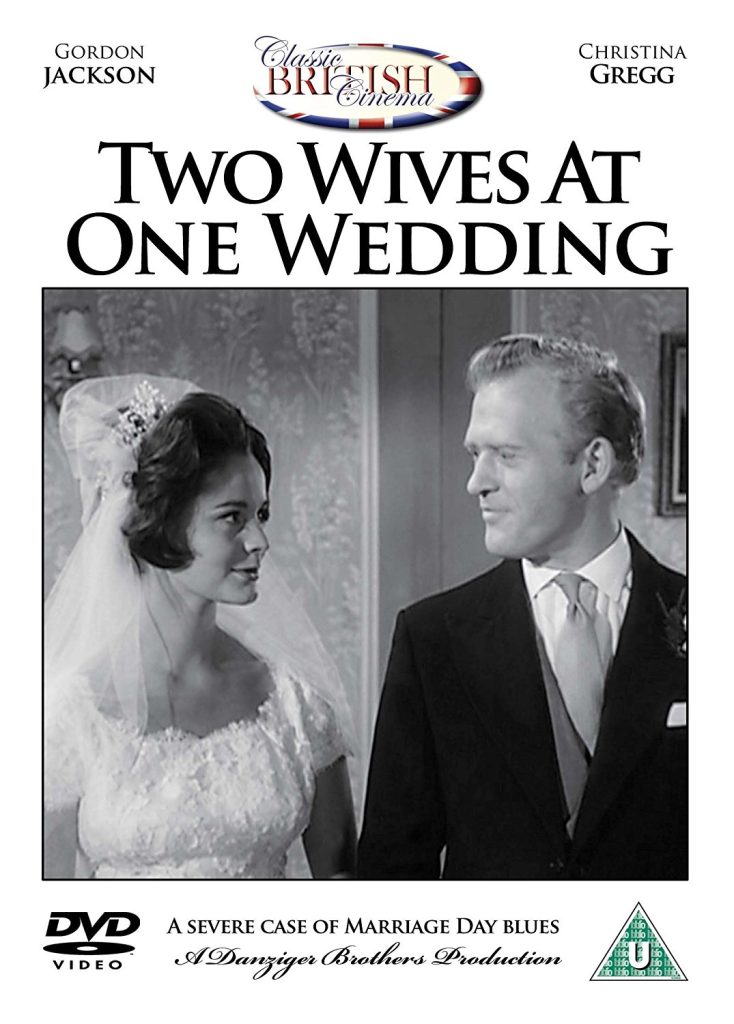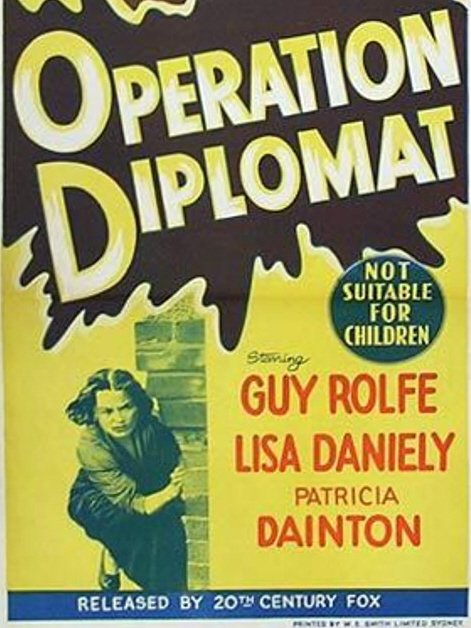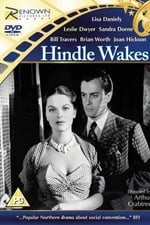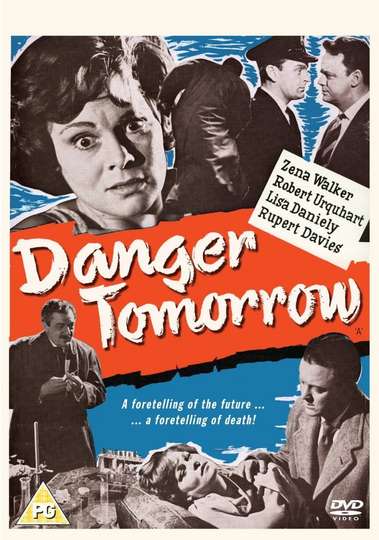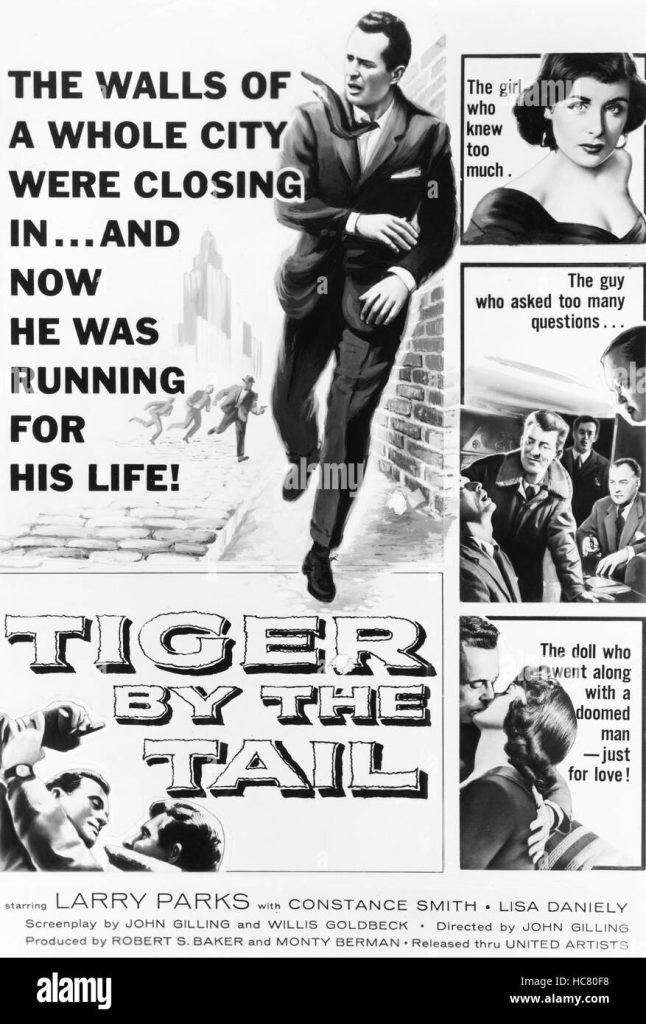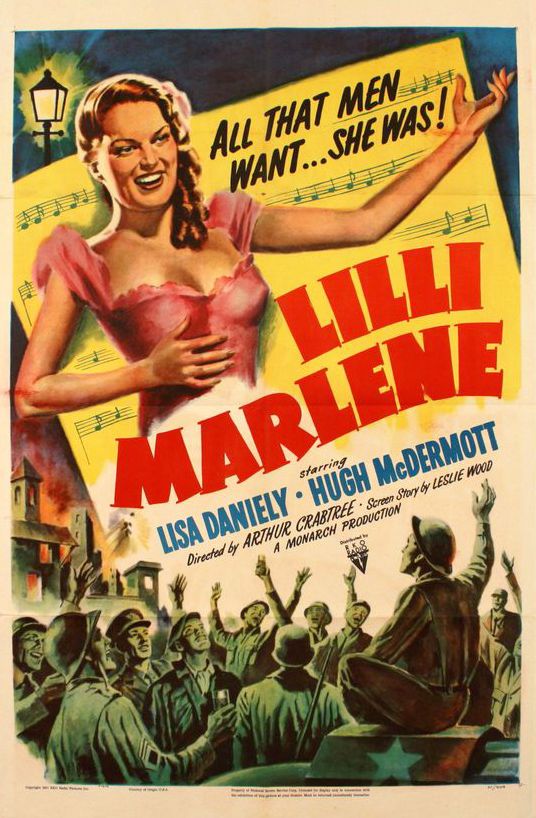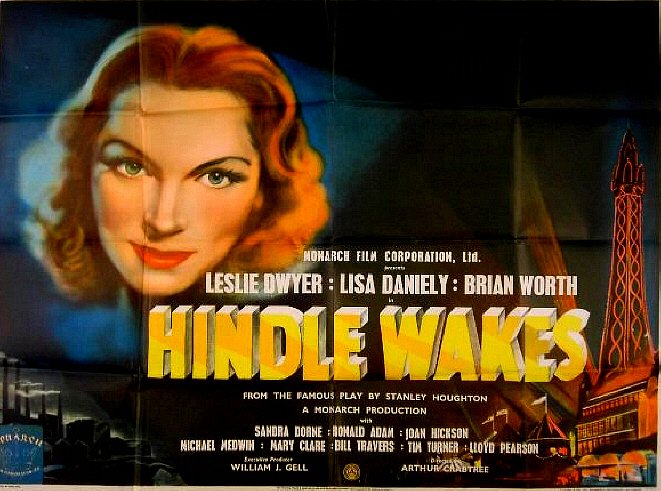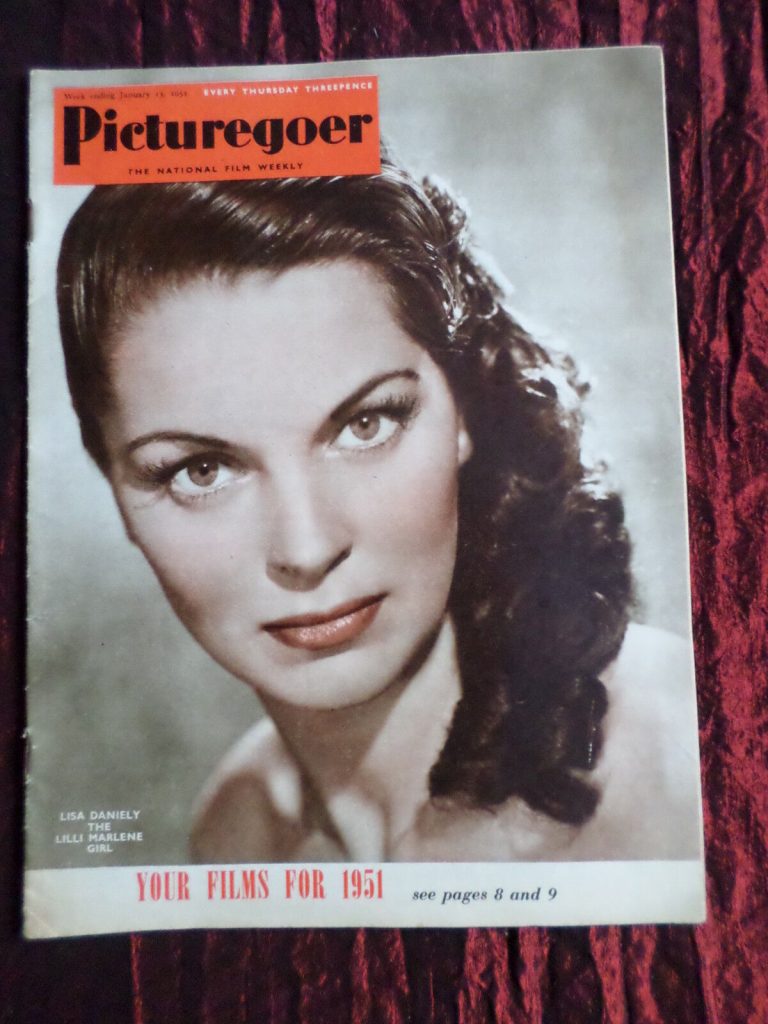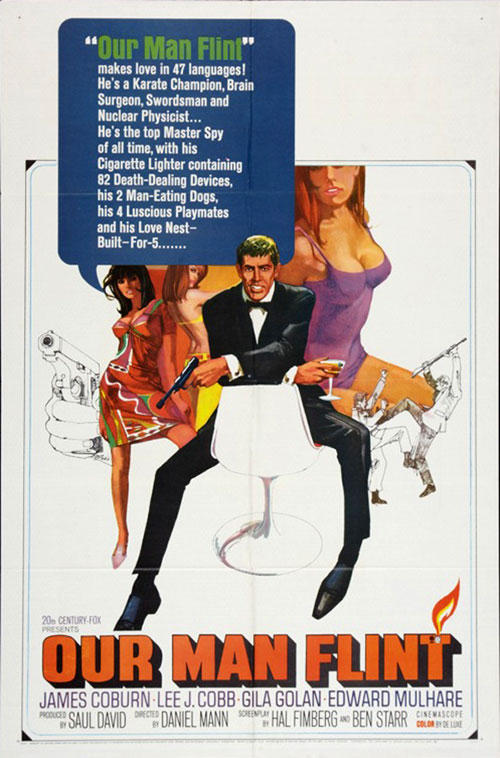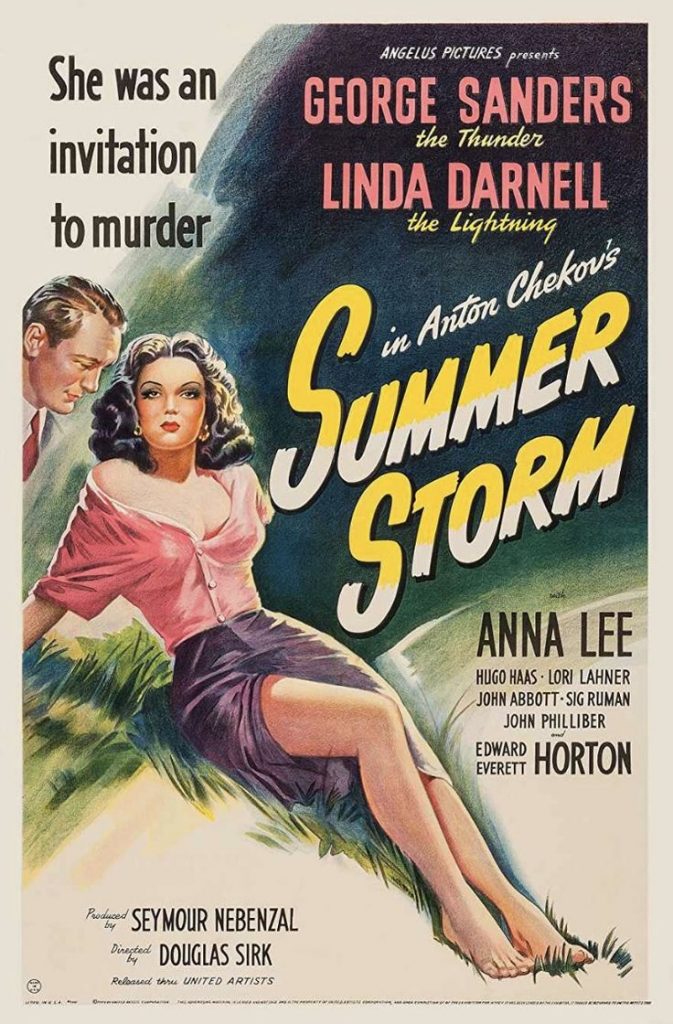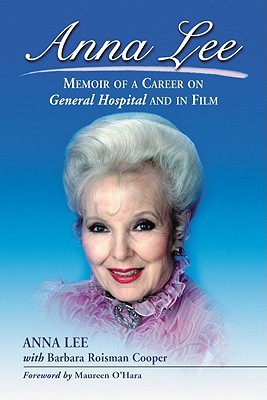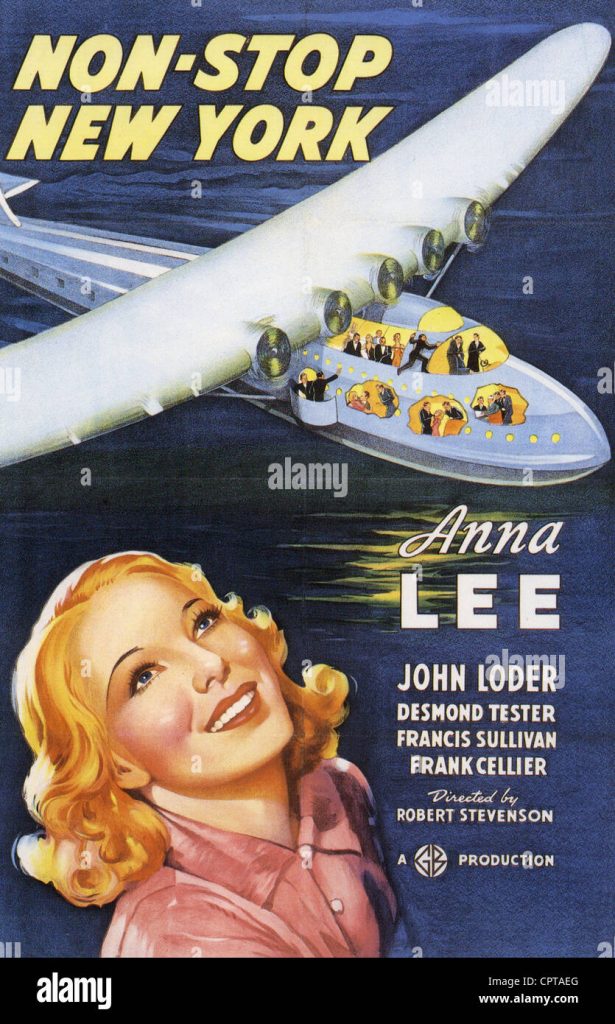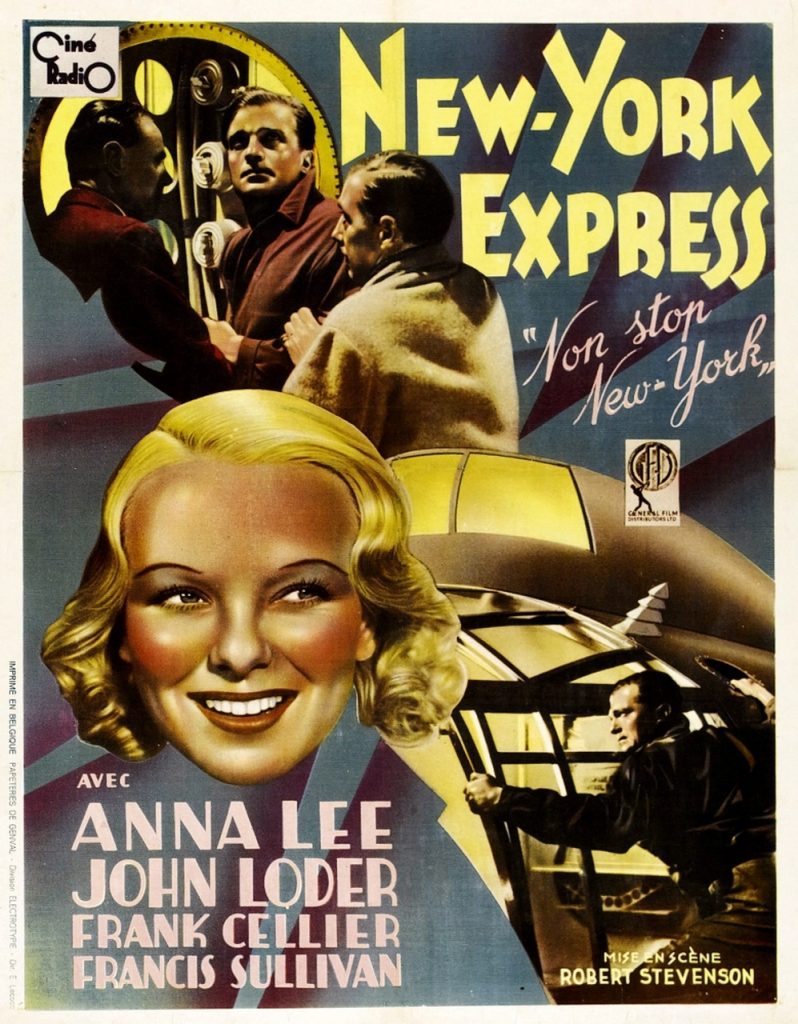From the time she married Sir Laurence Olivier in 1961 Joan Plowright became, in effect, two people. She was Lady Olivier, wife of the most formidable actor of his time and inevitably in his shadow, but also a promising young actress determined to pursue a career in her own right. “I had my own style and my own individuality. I was swept off my feet emotionally by him: there was no need to be swept off theatrically,” she said. Once asked what it was like to “live with a legend”, she replied deftly: “No one is a legend in their own home. He lives like any member of the human race.”
Her record on stage put her alongside such near-contemporaries as Judi Dench and Maggie Smith. First making her mark in the new British drama of the Fifties, she went on to embrace the classical repertoire with particular success in Chekhov, her favourite playwright, and Bernard Shaw.Her gift for comedy enhanced much of her work and she enjoyed long West End runs in the plays of the Italian writer Eduardo De Filippo. Apart from an effective Portia opposite Olivier’s Shylock she did comparatively little Shakespeare, never attempting the tragic heights of Lady Macbeth or Cleopatra.
The marriage was a success, despite unhelpful omens. Olivier was 22 years her senior, with two failed marriages behind him. To Plowright’s mother, who was against the match, he was little more than a philanderer. Soon after marrying Plowright, seemingly true to form, he embarked on an on-off affair with the even younger Sarah Miles.
Yet his union with “Joanie”, as he called her, was based on deep and genuine love, produced three children and endured until his death in 1989, aged 82. “My relationship with her brought a new kind of headiness in its rapture,” he said. For Plowright, however, the marriage was never easy. “I loved him so much I would have died for him, but there were times when I didn’t know how to live with him,” she reflected in one interview in 2001. Nevertheless, she insisted their commitment to each other was total.
When Olivier became director of the National Theatre and took her with him as a leading player, she was aware that her position in the company could be seen as favouritism. She wanted to break free and do other work; Olivier, however, would not let her go. When she asked for leave of absence to do a play in the West End, he not only opposed it but threatened to resign from the National if she went ahead. Some years later, he even more vehemently opposed her return to the National in Who’s Afraid of Virginia Woolf? and, through a solicitor’s letter, threatened divorce, only to deny all knowledge and offer Plowright a remorseful apology.
By this time Olivier’s recurrent illnesses, including cancer and pneumonia, which had twice brought him near to death, meant that he could no longer take on the amount of work he had been used to. He found it hard to accept that Plowright was the one working and, as she put it, “earning a necessary addition to our income”.
Joan Ann Plowright was born in Brigg, Lincolnshire, in 1929, the second of three children. Her father, William, was the editor of a local newspaper, the Scunthorpe and Frodingham Gazette, but the greater influence was her mother Daisy (née Burton), an aspiring ballerina and keen amateur actress and singer, who produced plays for the local youth club and painted scenery in the garden. Attached to their home was a wooden playhouse built by her father, which was named “Bohemia” and became the centre of family life. Friends gathered there and the children performed concerts and plays. “My mother had a reputation for being an outstanding local actress and she channelled her enthusiasm back to us,” Plowright said. In 2018 she appeared in the playful documentary Nothing Like a Dame with her fellow thespian dames Smith, Dench and Eileen Atkins. In it, Plowright recalled her mother’s words when she told her she was going into acting: “You’re no oil painting, but you’ve got the spark and thank God you have my legs and not your father’s.
While at Scunthorpe Grammar School she played Lady Teazle in The School for Scandal and won a trophy at a local drama festival. “I had a nagging inner compulsion to do well. I wasn’t always near the top although I might have seemed a model schoolgirl; inside I felt out of place. Above all else, I envied my brother [David] his carefree, buoyant attitude — even in failure.” She and David were “tremendous show-offs”, she recalled. “On Saturday nights, when there was a local dance, we would perform some flashy routine together.” David became a director of Granada Television, while their older brother Bob went on to be an organist and taught at Trinity College of Music.
After studying at the Rudolf von Laban Art of Movement Studio in Manchester, Plowright successfully auditioned for the Old Vic Theatre School in London where she was taught by George Devine, Glen Byam Shaw and Michel Saint-Denis. Devine said she did by instinct what others had to learn. At this time she saw Olivier as Hamlet in the cinema and wrote to her mother that it was “pure, unadulterated ham”.
While her future husband would later declare that “her very name was enough to make me think thoughts of love”, her first acting agent was unconvinced by it. “He thought Joan Plowright sounded like a trade. Like ploughs and agriculture,” she recalled. “He suggested something like Desiree Day. I said there was no way I could live up to that. I didn’t change my name — I changed my agent.
From drama school she went into rep at the Bristol Old Vic and made her London debut in The Duenna, a musical version of Sheridan’s play by Julian Slade. A year later, in 1955, she played Pip, the mad cabin boy, in Orson Welles’s London production of Moby Dick. She was in a Peter Ustinov play at Nottingham when Devine invited her to join his English Stage Company at the Royal Court. Although the company’s aim was to feature work by new writers, and it was put on the map by John Osborne’s Look Back in Anger, Plowright got her first leading role as Margery Pinchwife in Wycherley’s Restoration comedy The Country Wife. Olivier saw her on stage for the first time and was, as he later wrote, “entranced
In 1957 Olivier, in a bold attempt to embrace the new drama, joined the Court to play the fading music-hall comedian Archie Rice in Osborne’s The Entertainer. When the production moved to the West End Plowright took over the part of Archie’s daughter. Off stage, a relationship soon blossomed, though Plowright was initially wary of committing herself to a man with a reputation for flirting with young actresses. But her heart was “touched by the bleakness in his face when he wasn’t acting or flirting”, she wrote years later.
There were several complications: Plowright had been married since 1953 to a fellow actor, Roger Gage, and Olivier was still married to Vivien Leigh, whose increasingly erratic behaviour, the result of manic depression, was making a break inevitable, though Leigh would not agree to a divorce.
In 1958 Plowright made her New York debut in a double bill by the absurdist writer Eugène Ionesco, playing a 90-year-old in The Chairs and a 17-year-old pupil in The Lesson. She later joined Olivier in the Broadway production of The Entertainer. Back at the Royal Court she repeated the Ionesco plays and starred in Shaw’s Major Barbara. The play that established her, though, was Arnold Wesker’s Roots, in which she created the role of Beatie Bryant, the Norfolk farm girl whose ideas are transformed by a visit to the metropolis. The production opened at the Belgrade Theatre in Coventry and transferred to the Royal Court in June 1959. After watching her performance, the critic WA Darlington called her “one of the most accomplished, quite the most interesting and easily the most versatile of our young leading actresses”.
In 1960, while she was appearing with Olivier in Ionesco’s Rhinoceros at the Royal Court, Leigh made a statement to the press in New York that Olivier had asked for a divorce in order to marry Plowright. It was the first time the affair had been made public. Fearing the publicity, Plowright left the play and went into hiding for a time, before resurfacing later in the year in New York in another career-defining role, as Jo in Shelagh Delaney’s A Taste of Honey. It won her a Tony award..
Olivier had followed her to New York to play in Anouilh’s Becket and in March 1961, both having secured divorces, they were married in Wilton, Connecticut, in a short and low-key ceremony. Both were anxious not to be recognised, though the registrar perhaps went a little too far.
“Name?” she asked.
“Laurence Olivier.”
“Profession?”
“Actor.”
“Are you?” the registrar said. “How very nice.”.
The couple’s son, Richard, was born later that year: he became a theatre director and writer. They went on to have two daughters, Tamsin and Julie Kate, who both became actresses and keen yoga teachers, giving lessons to their mother and her actress friends. Plowright took two years off from acting after the birth of each child but always found herself pining for the stage. It was a “compulsive obsession”, she said, because acting for her was “as necessary as breathing”.
For many years the family home was a 15th-century malt house near Brighton with a swimming pool, tennis court and cook, where Plowright enjoyed gardening, painting and playing the piano. She and Olivier kept a home in London for entertaining, but wanted to be based outside the city “to have a separate life”. She said: “It was very important to me, and to Larry, that the children should have a childhood that wasn’t simply as an accessory to our lives.” They were sent to board at Bedales and, after revealing their embarrassment at being picked up from school in their father’s Bentley, he swapped the car. “Larry bought a London taxi to pick them up in, a purple one.”
During 1962 Olivier became artistic director of the new Chichester Festival Theatre, in effect (though this was not the original intention) a dry run for the National Theatre, which was launched at the Old Vic in October 1963. The National’s first season included two Chichester transfers, Chekhov’s Uncle Vanya with Plowright as Sonya, and Shaw’s Saint Joan, in which she made a resilient heroine.
She went on to succeed Maggie Smith as Hilde Wangel in Ibsen’s The Master Builder. Other roles for the National included a touching Masha in Olivier’s production of The Three Sisters and an intelligent Portia to Olivier’s Shylock in The Merchant of Venice, directed by Jonathan Miller. Her husband took on the part only after Alec Guinness and Paul Scofield declined but it was one of the most successful Olivier-Plowright partnerships.
In 1972 she finally managed to break free of the National and returned to Chichester, where she was a gentle, sympathetic Jennifer in Shaw’s The Doctor’s Dilemma and a mischievous Kate in The Taming of the Shrew opposite Anthony Hopkins. The next year at Greenwich Theatre she played Rebecca in Ibsen’s Rosmersholm, a study in emotional crescendo with a bitter climax.
As the National passed, in 1973, into Peter Hall’s hands, she gave a fine performance in De Filippo’s Neapolitan comedy Saturday, Sunday, Monday — as Rosa, a house-proud Italian signora, busy with a stew in which the onions were detectable from the stalls. A sell-out success which transferred to the West End, it was the first of several fruitful, if often difficult, collaborations between Plowright and the volatile director Franco Zeffirelli.
Mature women were her meat now. In 1975, with Helen Mirren and others, she formed the Lyric Theatre company under the direction of Lindsay Anderson. She gave a sympathetic Arkadina in Chekhov’s The Seagull, then a richly comic performance as a middle-aged woman who belatedly discovers sex in The Bed Before Yesterday by the veteran farceur Ben Travers. Another award came in 1978, from the Society of West End Theatre, for an exquisitely funny performance in De Filippo’s Filumena Marturano, as a retired prostitute with three adult sons and a husband not certainly the father of any of them. Again directed by Zeffirelli, it ran for two years at the Lyric but a New York production, directed by Olivier, lasted only six weeks.
To her collection of fine Shaw performances she added Mrs Warren in Mrs Warren’s Profession at the National, her characteristic humour lurking below the surface. In 1986 she played the housekeeper to Glenda Jackson’s widow in Lorca’s The House of Bernarda Alba.
The year after Olivier’s death in 1989 she felt an urge to get back to work — “Larry wouldn’t want me to be a widow sitting around in weeds and weeping” — and played Mrs Conway in JB Priestley’s Time and the Conways at the Old Vic. Her fondness for Priestley dated back to her childhood, when she would listen to his popular wartime Postscripts on the wireless. The Old Vic production was a family affair: her daughters were both in the cast and the director was her son, Richard.
Afterwards she did little on stage until 2003 when she teamed up with Zeffirelli again in the West End on Pirandello’s typically teasing Absolutely! (Perhaps). It was a production of style rather than substance but Plowright won praise for her haunting performance as the old woman who may or may not be insane.
Apart from film versions of her stage work, such as The Entertainer and The Three Sisters, she largely ignored the cinema until the late 1970s when she played the mother of the troubled boy in Equus, with Richard Burton. He arrived on the first day of rehearsals wearing a mink-lined raincoat, polished shoes and an entourage to clear the way. “We were in sneakers and jeans,” she recalled. “Richard came that way because it was expected of him on every other film.” She was in Peter Greenaway’s enigmatic Drowning by Numbers, went to Hollywood for the black comedy I Love You to Death and was one of four Englishwomen on holiday in Italy in the 1920s in Enchanted April (1991). Dismissed as handsome to look at but dramatically slight when it was shown on the BBC, it became a surprise success in the United States and won Plowright a Golden Globe and an Oscar nomination.
Later films were mainly forgettable until she returned to Italy for Tea with Mussolini (1999), directed by Zeffirelli and based on his boyhood in Florence in the 1930s when he was looked after by English expats.
Television was the least important of her outlets but she acted with Olivier in James Bridie’s Daphne Laureola and in a revival of Saturday, Sunday, Mondayduring a season of plays in the 1970s presented by Olivier under the auspices of her TV executive brother, David. She was Meg in Pinter’s The Birthday Party, played Lady Bracknell in The Importance of Being Earnest and won a second Golden Globe for a biopic of Stalin. In the late 1990s she starred as the Italian mother of Nathan Lane’s failed opera singer in Encore! Encore!, an American comedy from the makers of Cheers and Frasier.
Plowright was appointed CBE in 1970 and DBE in 2004 and had a theatre named after her in Scunthorpe, Lincolnshire, near her birthplace. Her memoir, And That’s Not All, was published in 2001.
After Olivier’s death she and her children gathered every Christmas at Poet’s Corner in Westminster Abbey, where his ashes are interred, to sing carols, light candles and tell stories about his life.
Cynics had predicted their marriage would never last, but death alone had parted them. Reflecting on the lead role he had played in her life, she said: “Just being Larry’s Joan would not have been enough. We didn’t meet on those terms. We met on stage as artists and we fell in love.
ADVERTISEMENT
ADVERTISEMENT




